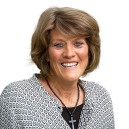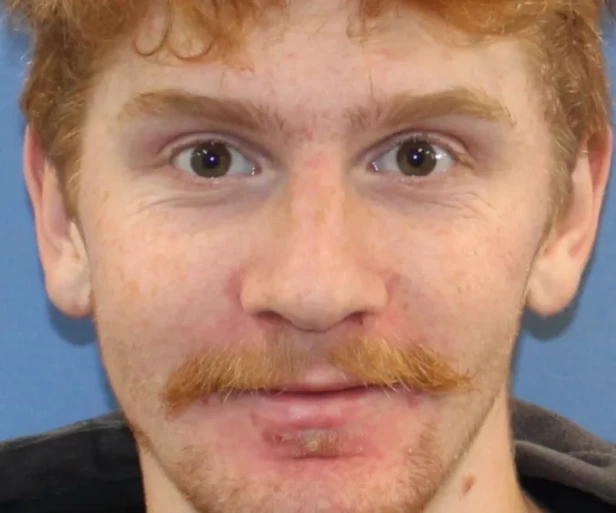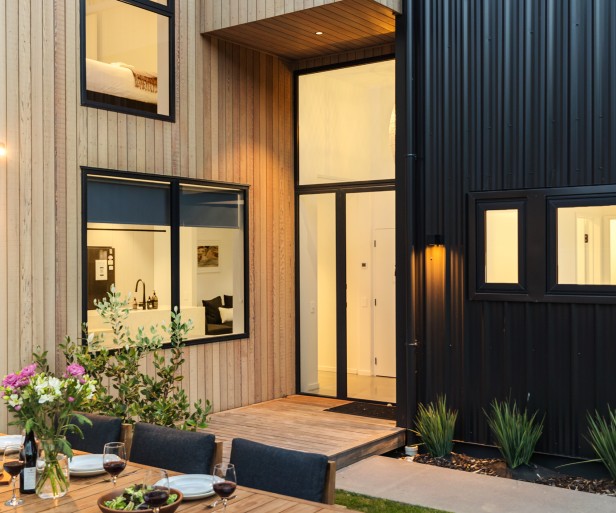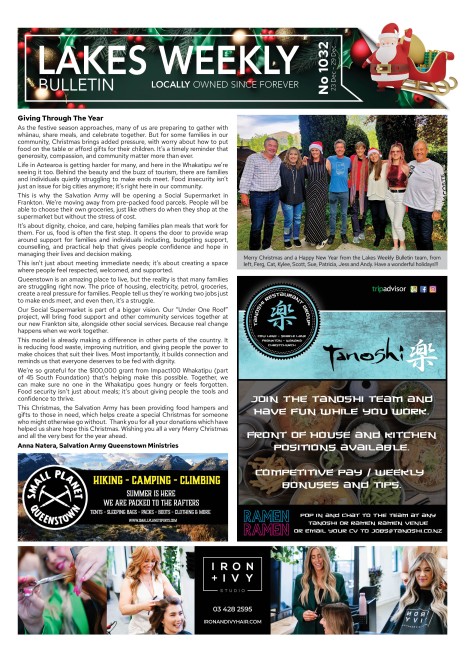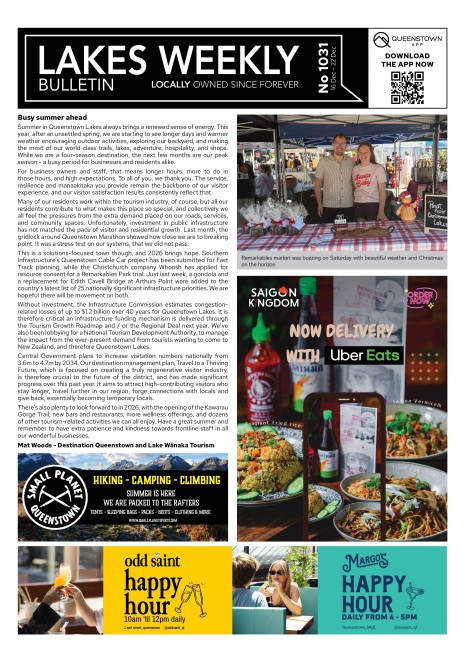Cancer Society – Those seeking support locally almost doubled
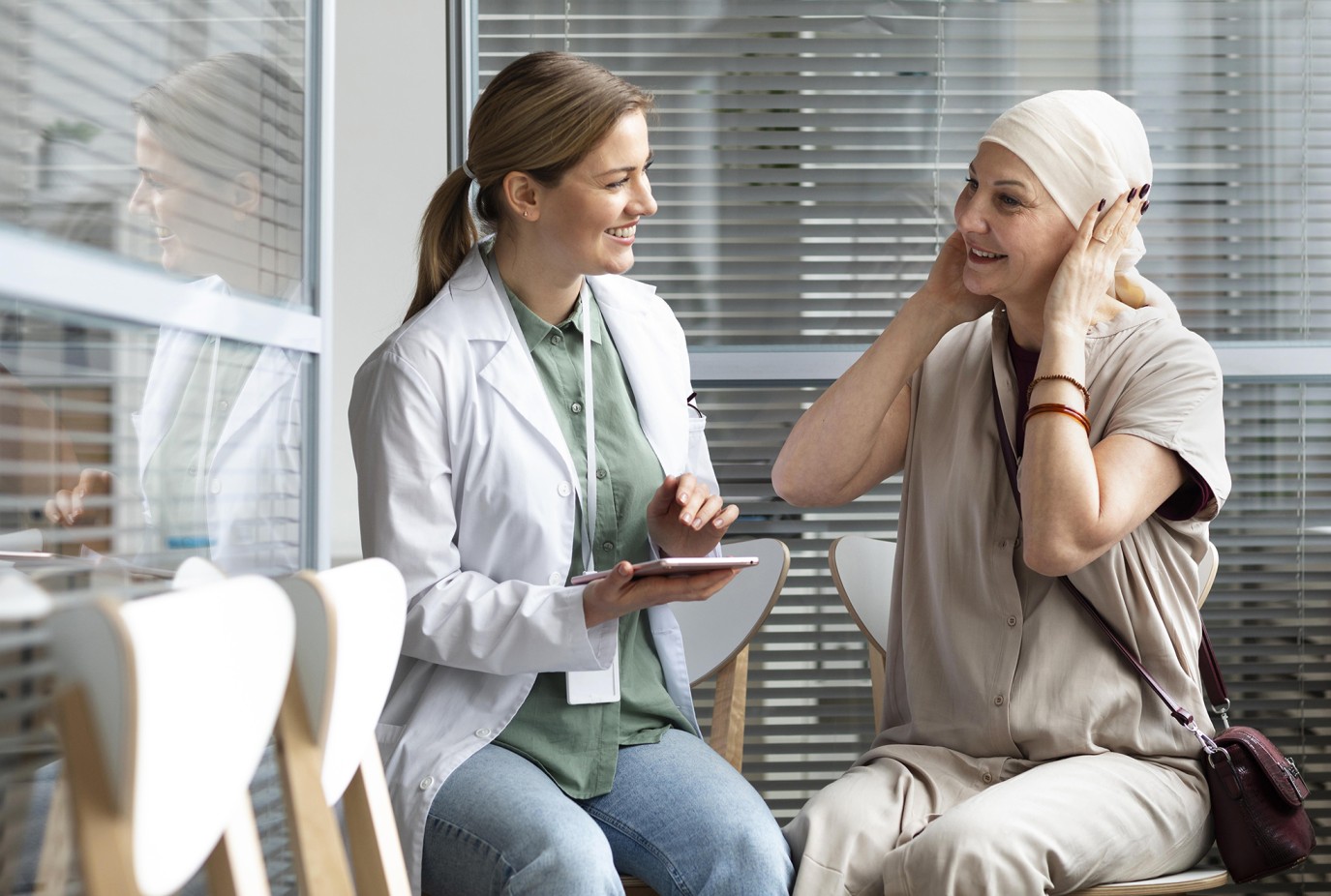
The Cancer Society is calling for urgent help from the government to fund its support services after a 44 percent increase in Central Lakes patients seeking support in the past year.
Society South Island CEO Nicola Coom says cancer is increasingly affecting people of all ages and at an alarming rate, with a definite increase coming from those in their 30s and 40s in the past five years. The number of cancer patients is also predicted to double in the next 10 years.
Demand has almost doubled during the past year with the Cancer Society required to increase resourcing to respond locally.
As if their diagnosis isn’t traumatic enough, Cooms says they’re seeing huge pressure on patients who can’t afford the petrol, travel and accommodation costs to access the necessary treatment at base hospitals, such as Dunedin.
The standard $100 a night accommodation allowance and 28 cents per km travel allowance available under the National Travel Assistance Service Scheme (NTA) haven’t increased since 2009. “Dealing with the antiquated National Travel Assistance scheme is an additional burden families just don’t need when facing cancer treatment,” says Cooms. “The criteria is confusing, inequitable, and the process complicated and manual. Families deserve better.”
“One of the biggest barriers to treatment for patients is accessing it,” she says. “Many simply can’t afford to get there.” The Cancer Society steps in with its free accommodation and travel support, putting pressure on the society’s community-raised funds.
“Every other health sector – mental health, addiction and disability services, all receive government funding for community services,” she says. “The Cancer Society provides these services and receives nothing. The government either relies on the community’s generosity or doesn’t view it as a priority.”
The society opens its new 52-ensuite-room Canterbury Cancer Centre next month accommodating patients from around the South Island for free. Its two older, smaller lodges are being sold off to help fund that.
In the past year the society supported 260 Central Lakes patients with care and financial assistance, to ensure they get the treatment they need. That’s up from 180 locally the year before.
“If people can’t afford the travel and long stays for treatment, we pull out all stops to make it happen,” says Cooms. “Last year it cost us $577,000 to deliver cancer support to the Central Lakes community. Due to increased demand, we expect that to be closer to $850,000 this year.”
About 500 volunteers work alongside staff in the region offering support via cancer nurses, counsellors, peer support workers, and cancer navigators who help families navigate the health system and their cancer journey. “We advocate for families, answer their questions and provide emotional support,” says Cooms. “It’s really daunting for people, especially when they hear that the health system is under pressure in their time of need. Many say they just couldn’t get through it without us.”
There’s huge pressure on the hospitals’ workforce, says Cooms. While not all cancer treatments are being delayed, a shortage of radiation oncologists has resulted in longer wait times for those requiring radiation treatment, she says. “Finding much-needed oncology professionals, like radiation oncologists, takes a lot of time. It can be seven months before these newly appointed people can start so the lead-ins are long.”
“Governments have underinvested in the health sector workforce for decades and we’re paying the price for that now,” says Cooms. “We must do everything to ensure we don’t find ourselves in this situation again, with regular investment, valuing innovation, workforce planning and collaboration.”
Population increase, an ageing population, and lifestyle factors are all contributing to increasing cancer rates.
There’s a definite lack of communication between health services and patients too, which can be very distressing.
Society South Island Service Delivery Manager Craig Watson says many patients they hear from don’t know what’s coming next, or when, once they’ve had a biopsy, surgery, or diagnosis. “They’re left waiting anxiously,” he says.
“It’s extremely challenging too when in the likes of Central Lakes, younger patients have to give up housing to travel for treatment and they can’t let out a room. They’re effectively paying to stay in two places.”
The Remarkables Park CanShop is a main source of revenue locally for the Cancer Society. It’s run by 57 volunteers with all the proceeds staying in this region.
To access cancer support call 0800 226 237
or to donate to the Cancer Society’s Central Lakes cancer serivces go to www.cancer.org.nz/donate-now

